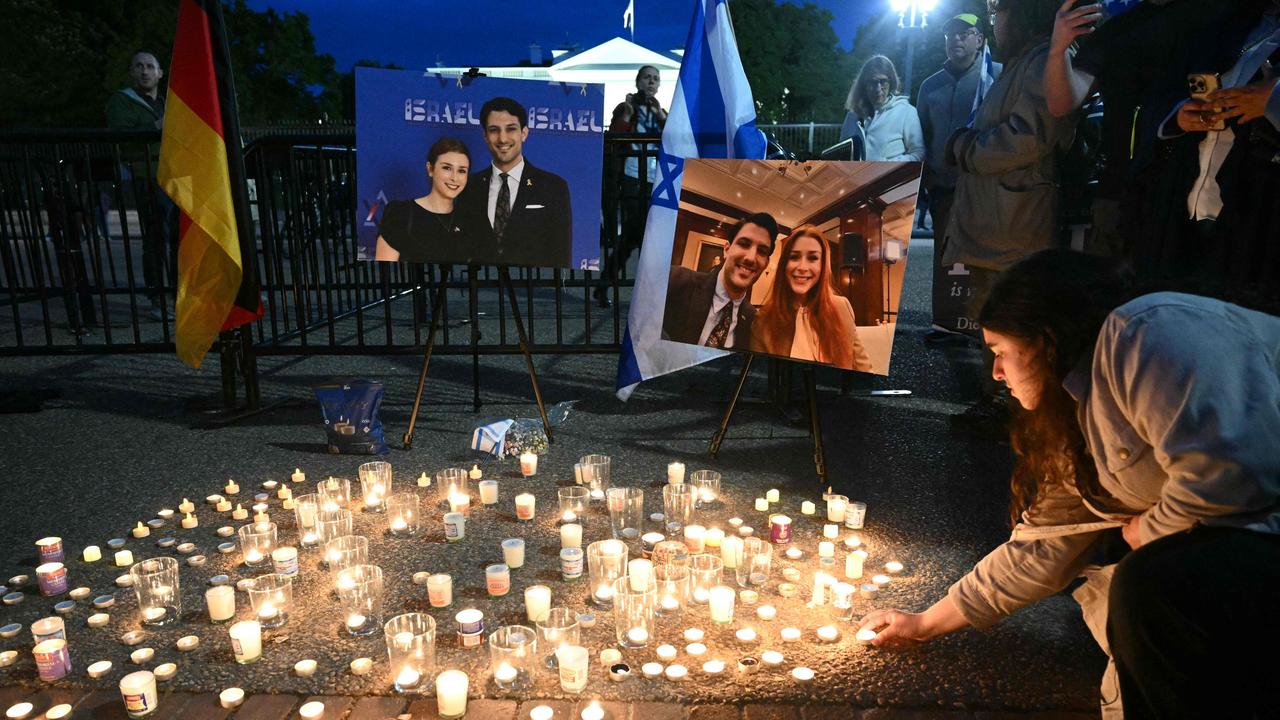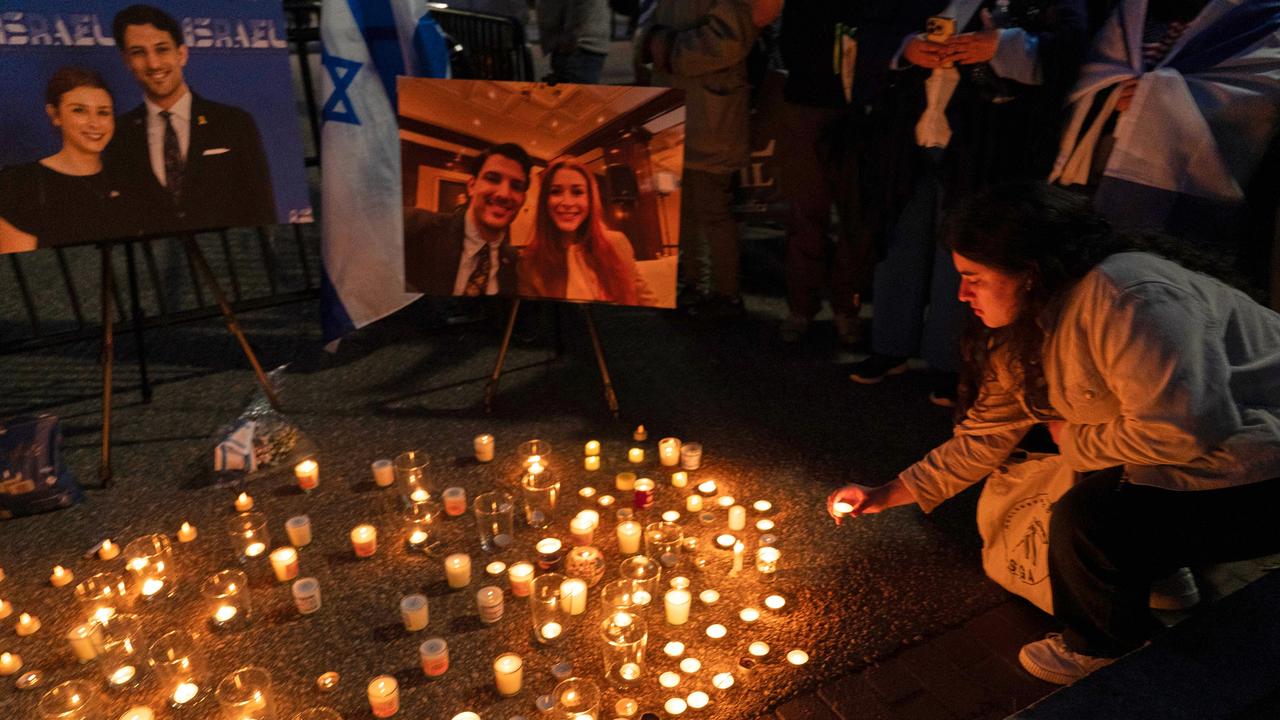French hosts lost for words as their language struggles to accommodate World Cup stars
Would a penalty shootout resolve the dilemma posed by gendered endings?

In all of his years as a player for the French national soccer team, followed by all of his years as a soccer announcer for France’s national TV station, Bixente Lizarazu never gave much thought to how he named the positions on the field.
Then came this year’s Women’s World Cup, held in France for the first time, and Lizarazu ran into the byzantine rules of the French language.
More than five years after France was chosen to host the world’s biggest women-only sporting event — and as the four-week tournament ends with this morning’s final between the US and The Netherlands — the country still can’t agree on what to call the players or managers.
As a romance language with masculine and feminine genders for nouns, French takes different turns depending on who or what is being discussed. Most jobs are constructed with masculine endings by default, with little guidance on how to refer to women in the profession. So what happens when that profession is women’s soccer defender?
The language offers at least three options: the masculine form defenseur, the feminine form defenseuse, or another feminine form, defenseure, which is pronounced the same as the masculine. And if you follow French coverage of the tournament, you might see all three.
In the newspaper Le Monde, you would read about a defenseuse or selectionneuse (the word used for national team managers). A dispatch from the news wire Agence France-Presse will say defenseure and selectionneure. Television networks TF1 and Canal+, broadcasting the tournament locally, often use one form in graphics on screen, but let commentators like Lizarazu employ another during live broadcasts.
“I prefer to use defenseuse, because it marks the feminine more clearly,” he says. “I don’t think we were ever given a directive.”
Female commentators land on both sides of the question.
This isn’t an issue in English, where a defender is a defender. Nor is it a problem for languages with clearer rules for feminine construction such as German, where a female defender is quite simply an abwehrspielerin.
This is France, however, a country that treats the intricacy of its language as a point of pride. When it comes to questions of proper usage, the country has its own ancient authority, the 384-year-old Academie Francaise. Its 35 members are known as the Immortals. They are charged with sporadically producing the definitive dictionary on usage and cutting through the babble of a constantly evolving tongue. They are even issued swords.
But time moves slowly at the Academie. In 1984, as more French speakers adapted their speech to reflect a growing number of women in the workplace, the Academie felt compelled to weigh in on the topic. It ruled out any changes, preferring to stick to the masculine form, except in cases where usage had already taken root. It was important to remember, the Academie argued at the time, that there was no connection between “natural gender” and “grammatical gender”.
Three decades later, in 2014, the institution still wasn’t inclined to endorse any sweeping changes.
In February, a committee of historians and writers produced a 20-page report on the matter. Noting a spike in usage over the past 10 years, it found no problem, “in principle”, with creating feminine forms for job titles and descriptors. It helped that the committee found traces of the practice as far back as the Middle Ages.
So in a rare move for an institution normally as inflexible as a week-old baguette, the Academie said it favoured a more pragmatic approach to the question at this “time of linguistic instability”.
The question as it applies to soccer comes amid larger debates about gender equality at this World Cup, from the equal-pay lawsuit brought by US players against their own federation to issues of prizemoney. The winner of the Women’s World Cup will take home $US4 million ($5.7m), while the men’s winner, France, got $US38m last year. That French didn’t have a standard construction for talking about the players during the tournament added an unforeseen twist.
The Academie says there isn’t necessarily a right or wrong answer. Although it spent over a page of its report discussing military ranks, it didn’t find room to go over positions on a soccer field.
The committee made a point of not ruling on the tricky distinction between the “-eure” and “-euse” endings.
Jean-Pierre Colignon, a former chief copy editor at Le Monde, was more definitive, though he understood the conundrum.
“The hesitation doesn’t surprise me,” he says. “But I would say defenseuse is preferable … simply put, more people say it. It’s also a cleaner distinction.”
Even the French national team, eliminated from the World Cup by the US, was stumped by the question when it hired manager Corinne Diacre in 2017. While Diacre, who has coached men’s and women’s sides during her career, is just “Corinne” to her players, the French federation needed to make a call one way or the other for official team communications. After much internal debate, it cautiously opted for selectionneure.
“We asked the Academie and they didn’t make a call,” a spokesman said. “They’re waiting for the usage to settle itself.”
For broadcasters such as TF1’s Gregoire Margotton, it’s a matter of picking one and sticking to it. And he can always employ the French language’s favourite shortcut: English. “Sometimes it’s just easier to say coach,” Margotton says. “That’s always just ‘coach’.”
The Wall Street Journal



To join the conversation, please log in. Don't have an account? Register
Join the conversation, you are commenting as Logout